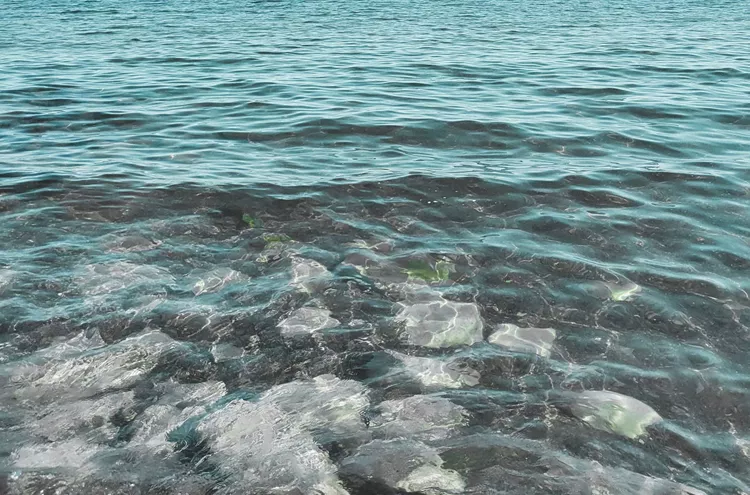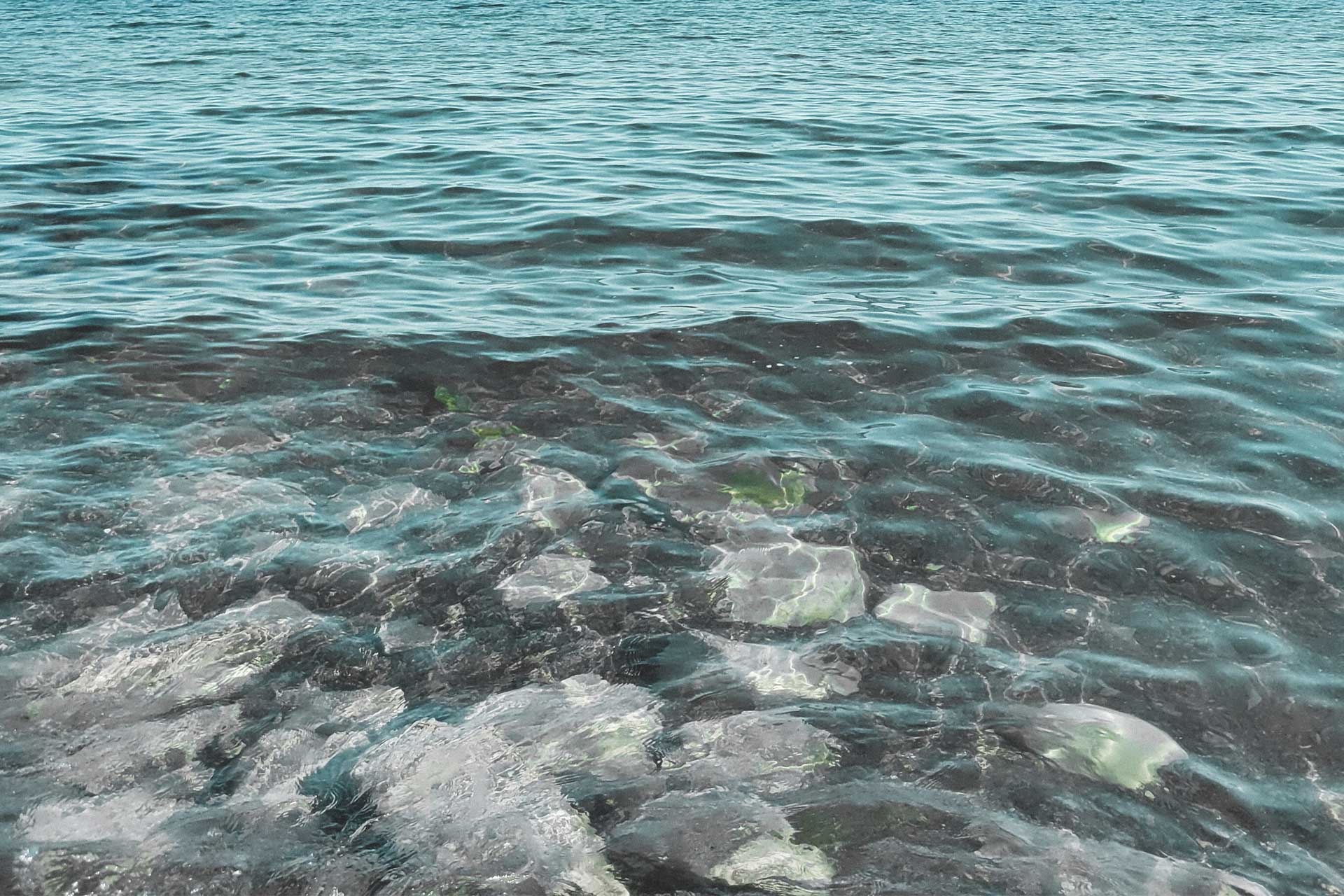

Measuring water quality is often done in the context of legislation and regulations, or in response to a research question in the context of knowledge development. By measuring water quality you learn more about the physical and chemical processes in the water, but more specifically whether the water is polluted or not.

Pollution can occur when fertilizers from the land seep into surface or groundwater, or a sewage overflow during heavy rainfall. It can also show the effect of human actions on water quality. Various water parameters provide insight into the degree and form of pollution.
Water quality can be measured directly in the field, with easily portable water quality meters or field kits. But it is also possible to measure water quality over a longer period of time using telemetry. The Scuba water quality probes have been specially developed for long-term use in the field.
Measuring water quality provides insight into the functioning of the water system, whether or not in combination with external influences. Climate change has a direct impact, for example on the water temperature, with all its consequences for, for example, the development of algae in the water.
Overall, water quality research reveals the dynamics of nature itself, with the influence of seasonal changes, but also the interaction between natural processes and human influence.

Do you need help choosing the right product for your application? Please contact our specialist Erik.